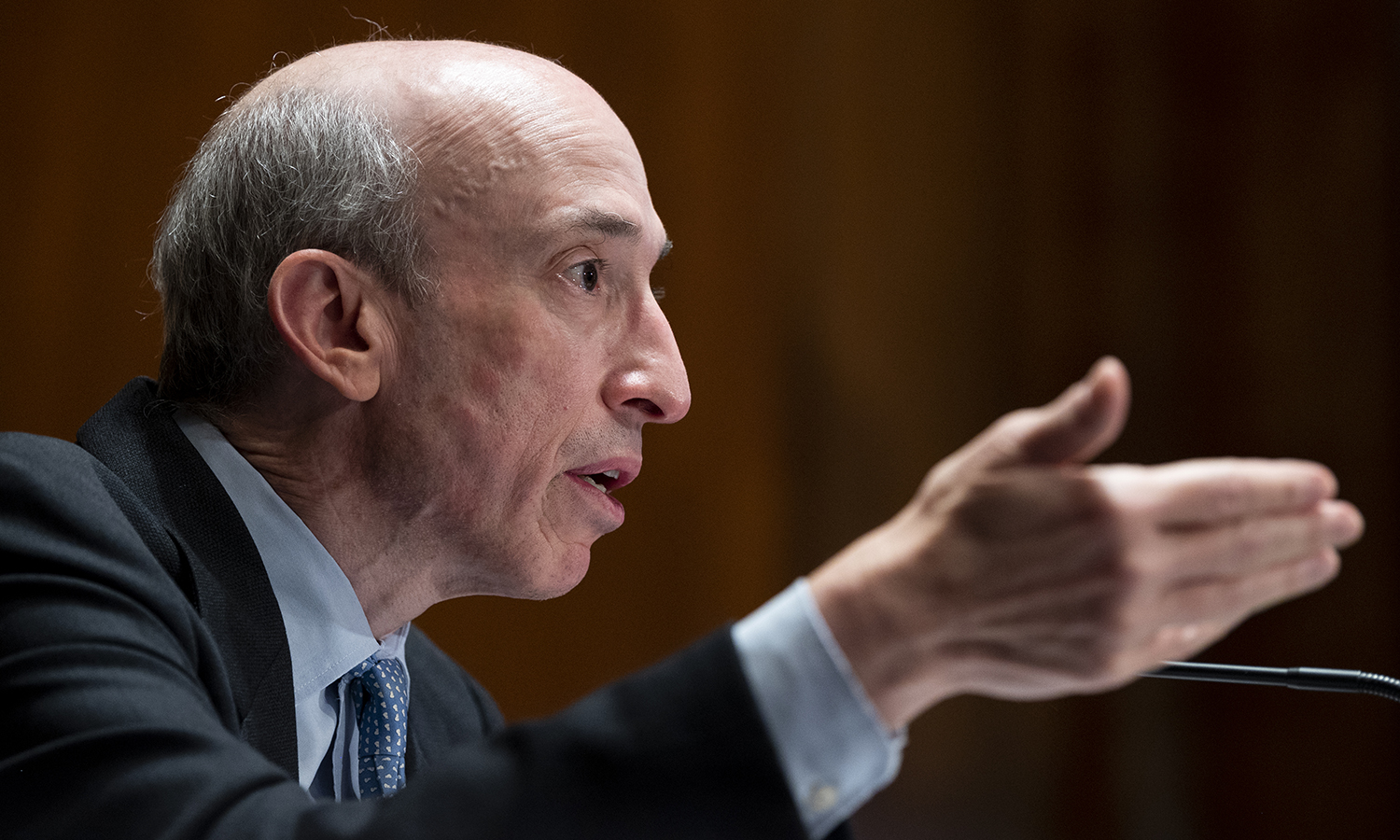Vehere Takes the Lead With Tracking Its First-ever Zero-day Vulnerability and Subsequent Responsible Disclosure
SAN FRANCISCO, May 30, 2023–(BUSINESS WIRE)–Vehere’s research wing, Dawn Treader, has announced its recent discovery of a zero-day vulnerability, marking a significant achievement for the cyber network intelligence organization. This is the first time Vehere has made such a discovery, showcasing the efficiency and capability of the research team. The identification of this vulnerability is a major milestone for the organization, and demonstrates their commitment to staying at the forefront of the ever-evolving cybersecurity landscape.
The vulnerability, identified through fuzzing, was a heap buffer overflow in MagickCore/quantum-import.c and affects ImageMagick versions 7.1.1-6. It allows attackers to exploit a crafted file and trigger an out-of-bound read error, resulting in an application crash and denial-of-service. The vulnerability was responsibly disclosed to ImageMagick, which promptly released a patch addressing the issue by ensuring proper memory allocation. RedHat has released an advisory to warn users about this vulnerability, assigning it a CVSS score of 5.5 and a CVE ID of CVE-2023-2157.
Read Dawn Treader’s exclusive blog post and discover further details about this zero-day vulnerability:
https://vehere.com/threat-severity-high/breaking-down-the-imagemagick-cve-2023-2157-vulnerability-dawn-treaders-findings/
Speaking on this impactful discovery, Vehere’s co-founder Praveen Jaiswal said, “Vehere’s successful identification and ethical disclosure of the vulnerability highlight our commitment to proactively identify and address potential threats. We are extremely proud that we are one of the few Indian companies to identify a zero-day vulnerability, and it serves as a testament to the expertise and dedication of our research team, Dawn Treader.”
Vehere is a revolutionary cybersecurity company that is boldly merging the realms of national security and enterprise security through a single, powerful platform. With a strong global presence and unparalleled expertise in cyber network intelligence, Vehere is radically changing the way organizations and governments protect themselves from cyber threats. Established in 2006, Vehere is a global corporation with offices in San…




